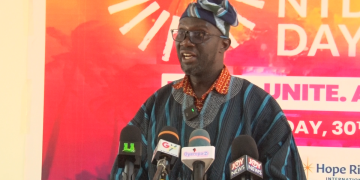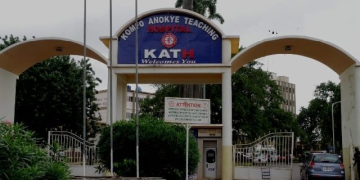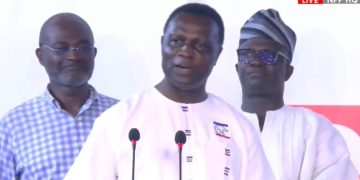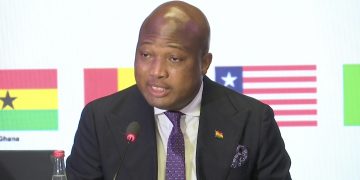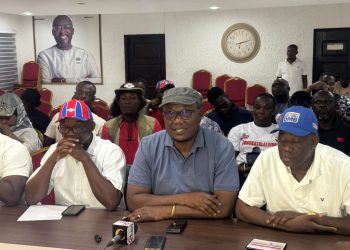The Africa Centre for Energy Policy (ACEP) has raised concerns about financial inefficiencies and revenue collection shortfalls in Ghana’s power sector, underscoring the urgent need for reforms to ensure long-term sustainability.
During a media capacity building workshop in Kumasi aimed at enhancing advocacy for financial sustainability, ACEP’s Lead for Petroleum and Conventional Energy, Kodzo Yaotse, painted a concerning picture of the challenges facing the Electricity Company of Ghana (ECG).
The presentation focused on ECG’s revenue collection, which has consistently fallen short of its target despite recent tariff adjustments and increased power sales.
Kodzo Yaotse, revealed that since August 2023, ECG has been mandated to collect an average of GHS 2 billion per month, based on government-approved tariffs.
However, actual collections have averaged only GHS 850 million per month, leaving a significant gap between expected and actual revenue.
“This is the reality of the problem. ECG is supposed to collect GHS 2 billion, but they are bringing in just GHS 850 million. That’s a shortfall of 57%,” the speaker emphasized.
This revenue deficit, he explained, inevitably falls on consumers, either through higher tariffs or through increased taxes to cover the utility’s inefficiencies.
Kodzo Yaotse, further criticized recent claims that ECG had improved its revenue collection, doubling from GHS 400 million to GHS 800 million. According to the data presented, no such dramatic increase has occurred.
Instead, the average monthly collection has remained at about GHS 600 million in recent years.
He attributed the marginal rise in collections since September 2022 to tariff hikes rather than improved operational efficiency.
Despite tariff increases of approximately 80% over the past year, ECG’s collection rate has not matched the surge in power sales.
He noted that if the effects of these tariff hikes and sales growth were discounted, the actual revenue performance would be even more dismal.
“They want us to celebrate moving from GHS 600 million to GHS 850 million, but the data doesn’t support such celebration,” he said.
Kodzo Yaotse’s presentation highlighted several inefficiencies within ECG that have contributed to the revenue shortfall.
Chief among them was the failure to fully account for revenue generated through Prepaid Revenue Systems (PRS), which were introduced to streamline payments. Even with these systems in place, ECG has struggled to capture all revenue generated from prepaid meters.
He called for urgent action to address these inefficiencies, pointing out that the burden of ECG’s poor performance is ultimately borne by consumers.
He argued that higher tariffs are not the solution to the company’s problems.
Instead, structural reforms and better management of the utility’s operations are necessary to improve revenue collection and reduce losses.
The workshop, part of ACEP’s broader efforts to strengthen media capacity for effective advocacy in Ghana’s energy sector, also aimed to provide journalists with a deeper understanding of the complex financial dynamics at play.
By equipping the media with the tools to engage critically with these issues, ACEP hopes to foster more informed public discourse on energy policy and financial sustainability.
As the conversation on Ghana’s energy sector continues, the focus remains on how best to balance operational efficiency with consumer affordability, while ensuring that the country’s power supply remains financially viable for the future.
Source: www.kumasimail.com /IJB/Kumasi






